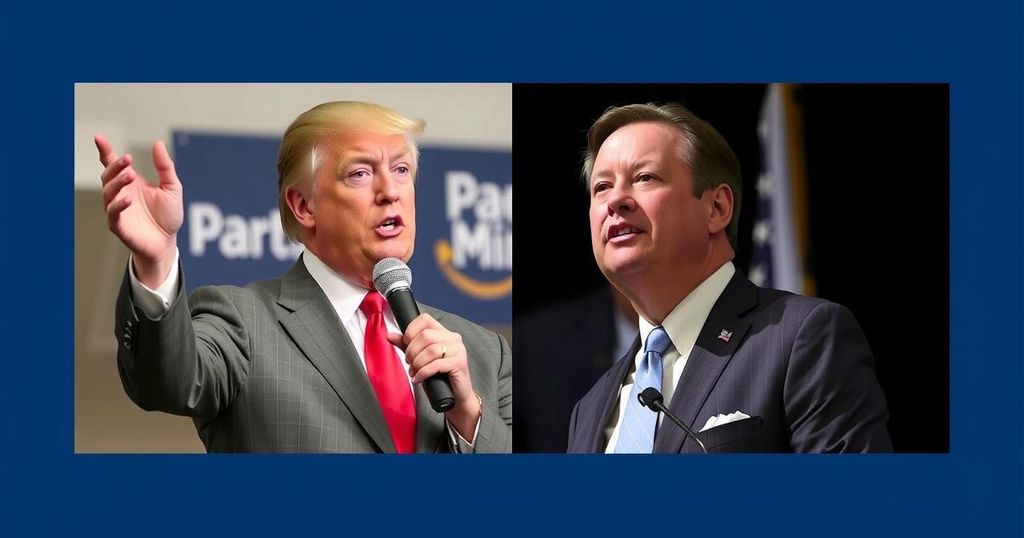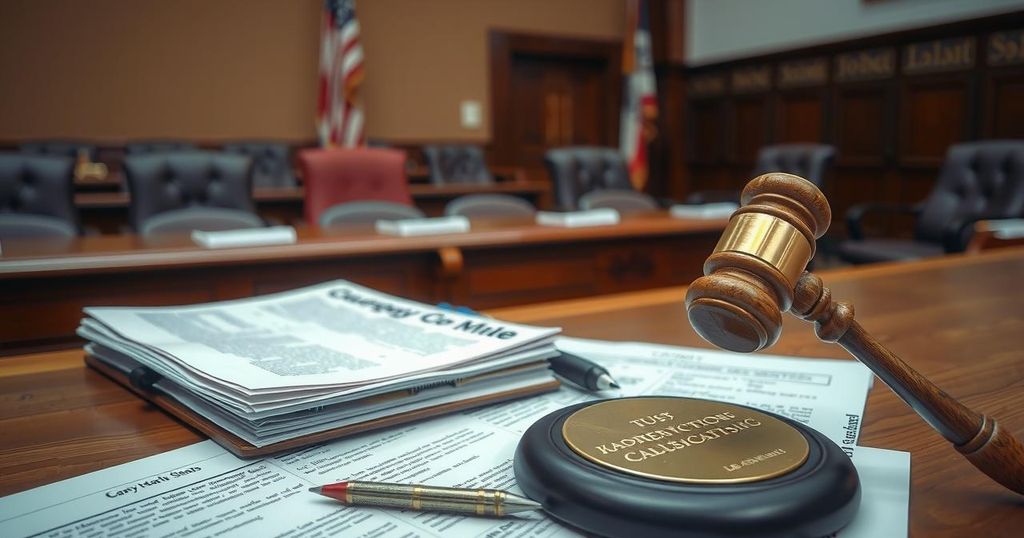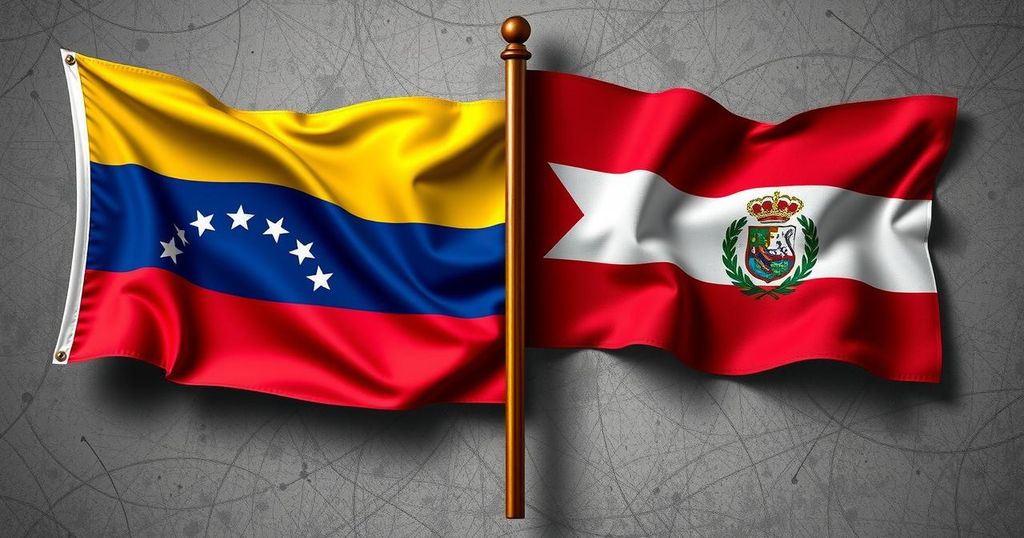World news
10TH DISTRICT, 32ND SENATE DISTRICT, AFRICA, BALLOT MEASURES, CI, CIFERS, CONGRESS, DEMOCRAT, DEMOCRATS, ELECTION, GENERAL ASSEMBLY, GLENN YOUNGKIN, GOP, LEGISLATION, LEGISLATIVE CAMPAIGN COMMITTEE, NORTH AMERICA, RAM VENKATACHALAM, REPRODUCTIVE RIGHTS, ROE V. WADE, S. CONGRESS, SOUTH AFRICA, TU, U. S, UNITED STATES, VIRGINIA, VIRGINIA GENERAL ASSEMBLY, WHITE HOUSE
Jamal Abdullah
0 Comments
Virginia’s Special Elections: A Prelude to the 2025 Gubernatorial Race
Virginia’s special elections on Tuesday will gauge voter sentiment post-November elections, potentially reinforcing Democratic majorities or signaling Republican momentum ahead of the 2025 gubernatorial race. Key issues include reproductive rights and allocation of a $2 billion surplus, highlighting significant ideological divisions between the parties.
Tuesday’s special elections in Virginia will serve as a crucial gauge of voter sentiment following the general elections held on November 5. As the Republican Party appears ready to assert control over Congress and the White House, the outcomes of these races could either solidify Democratic leadership in the Virginia General Assembly or indicate a growing momentum for the Republican Party ahead of the significant gubernatorial election in 2025.
In the 32nd Senate District, Democratic Delegate Kannan Srinivasan competes against Republican Tumay Harding for the seat vacated by U.S. Rep.-elect Suhas Subramanyam. Concurrently, in the 26th House District, Democrat J.J. Singh contends with Republican Ram Venkatachalam to take over Srinivasan’s previous seat. Both elections have attracted national attention, evidenced by substantial investments from the Democratic Legislative Campaign Committee, which underscore their significance.
The 10th Senate District presents a challenging landscape for the Democrats as Jack Trammell, representing the Democratic front, faces Republican Luther Cifers. This district leans Republican, with more than 60% of its voters historically supporting President-elect Donald Trump and over 70% favoring Governor Glenn Youngkin in prior elections. Cifers has emerged as a strong contender in this traditionally GOP-dominated area.
With Virginia’s $2 billion budget surplus under discussion, lawmakers are exploring various funding allocations, striving to discover bipartisan consensus. Democrats prioritize funding for K-12 education, while both parties have expressed intentions to provide tax relief for workers during budget talks.
Furthermore, reproductive rights have taken center stage in these elections. Democratic candidates Srinivasan and Singh affirm their commitment to protect abortion access, while Venkatachalam has not publicly clarified his stance. Harding has noted that many late-term abortions are already prohibited and advocates for policies that would reduce the necessity for abortions, asserting that life “begins at conception.”
In the 10th District, Trammell champions a constitutional amendment to safeguard abortion rights, whereas Cifers adopts a strict “no exceptions” position on abortion. Democratic control of the Virginia legislature is vital for advancing this constitutional amendment, as holding majorities in both chambers would empower Democrats to promote this objective.
While abortion is not strictly a partisan issue, it has significantly divided Virginia’s lawmakers along party lines. In recent elections, numerous Republicans supported Governor Youngkin’s initiative to prohibit most abortions after 15 weeks, while Democrats campaigned on the premise of protecting existing laws and advocating for the enshrinement of abortion rights in the state constitution.
In anticipation of Donald Trump’s return to the presidency, states with robust abortion protections are enacting measures to bolster those rights as a safeguard against potential rollbacks from the Republican administration. Conversely, states with stringent abortion bans are pursuing fetal personhood laws and limitations on abortion pills among other restrictions.
The discourse around abortion has remained a pivotal issue in both state and national politics, especially following the U.S. Supreme Court’s reversal of federal protections in 2022.
The special elections in Virginia come at a critical moment, setting the stage for the upcoming 2025 gubernatorial race. As public sentiment sways in light of the recent general elections, the results of these contests will reflect potential shifts in voter alignment between the Democratic and Republican parties. The dynamics at play, particularly concerning reproductive rights and budget allocations, are expected to impact legislative control and party agendas going forward.
In conclusion, the special elections in Virginia not only serve as a litmus test for the current political climate but also carry significant implications for the state’s future governance and policy direction. With key issues such as reproductive rights and budgetary priorities at stake, the outcomes may mark the beginning of a transformative period as both parties vie for dominance ahead of the critical gubernatorial race in 2025.
Original Source: dailyprogress.com




Post Comment